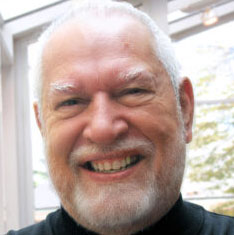TWiV reviews resurgence of Lassa fever in West Africa, at least 3 paralytic cases of cVDPV2 in Zimbabwe, CWD from eating prion-laden plants, measles in New Orleans and Broward County Florida, failure of Florida Surgeon General to support vaccination, a measles variant in Switzerland, SARS-CoV-2 persistent infections, leaky blood-brain-barrier for long COVID brain fog, West Nile virus transmitted among mosquitoes by the excreta, and viroid-like colonists of human microbiomes.
TWiV reviews the FDA decision to update COVID-19 vaccine boosters in the fall, the meaning of fatigue with respect to long COVID, and a skin volatile induced by flavivirus reproduction that attracts mosquitoes to the infected host.
TWiV summarizes cases of arbovirus disease during 2019 in the US, and explains a study that estimates infectiousness throughout the SARS-CoV-2 course of infection.
TWiV reviews an analysis of animal sales from Wuhan wet markets before the COVID-19 pandemic, control of dengue by release of Wolbachia-infected mosquitoes, and fatal dengue acquired in Florida.
From the 2020 online meeting of the American Society for Tropical Medicine and Hygiene, Vincent speaks with Jonathan Auguste, Carol Blair, Desiree LaBeaud, Louis Lambrechts, and Mauricio Nogueira about their careers and their research on arthropod-borne viruses.
Vincent and Rich return to the University of Texas Medical Branch at Galveston to speak with Dennis Bente, Shannan Rossi, Nikos Vasilakis, and Scott Weaver about their work on viruses transmitted by mosquitoes and ticks.
For the first TWiV of 2020 we reveal that microbiome depletion with antibiotics alters the immune response to influenza vaccine, and how successive blood meals facilitate virus dissemination in mosquitoes and transmission potential.
Vincent speaks with virologists at the University of Nevada at Reno about their careers and their work on herpesviruses, arboviruses, and the development of diagnostics for infectious diseases.
The TWiV pro-vaxxers reveal viruses that infect endangered wild salmon, and how iron in host serum modulates dengue virus acquisition by mosquitoes.
The TWiV Masters discuss serologic evidence of Ebolavirus infection in a population with no outbreaks, and the set of endogenous viral elements in the mosquito genome.









